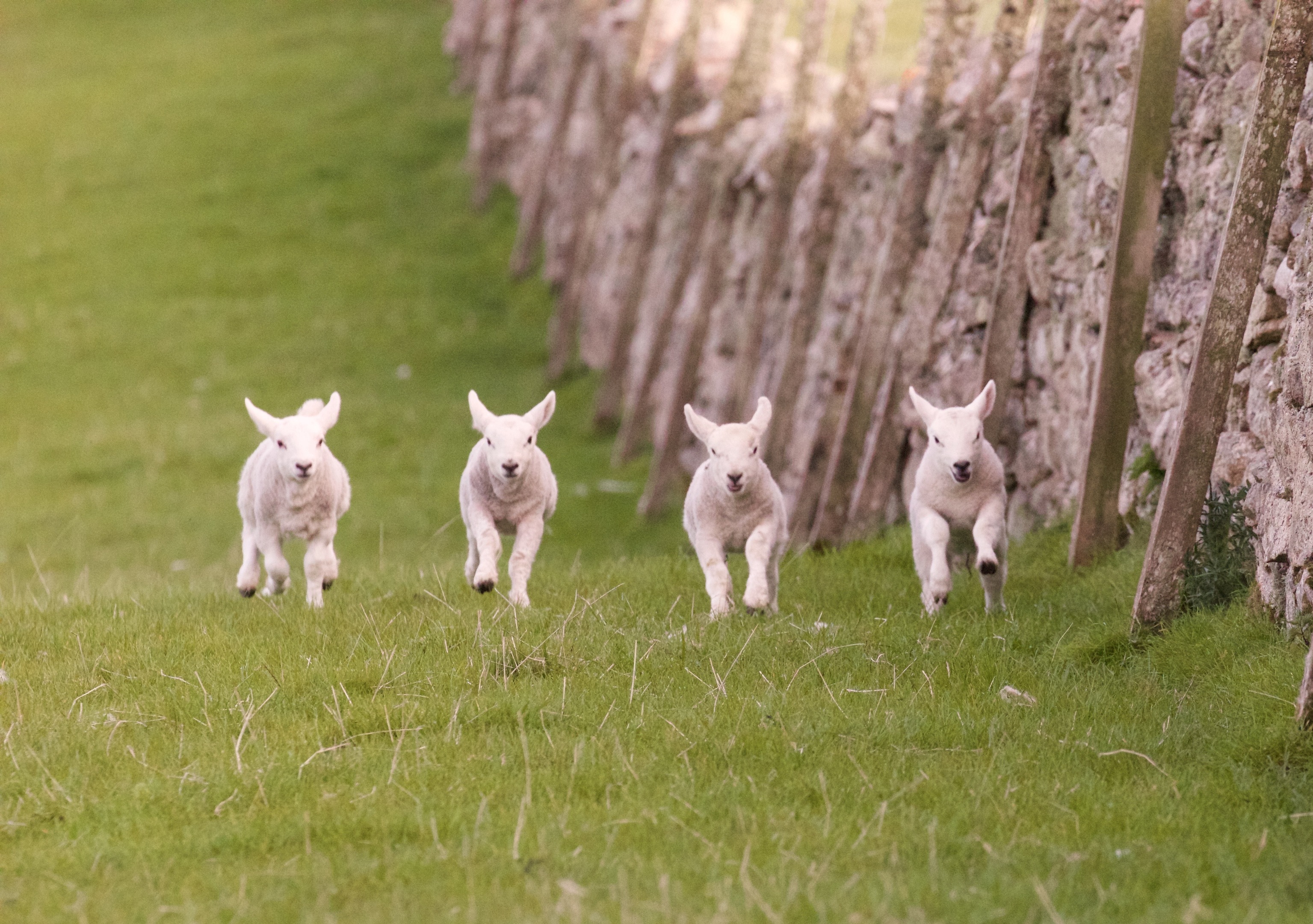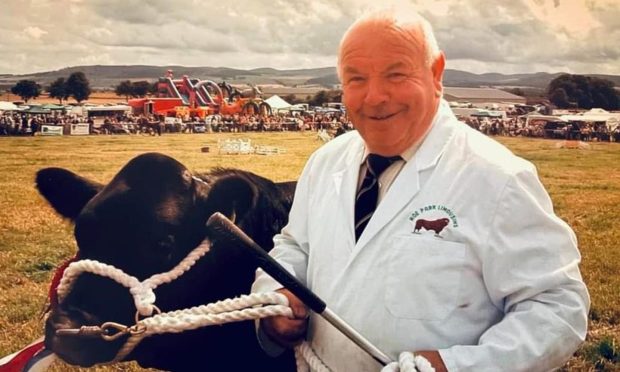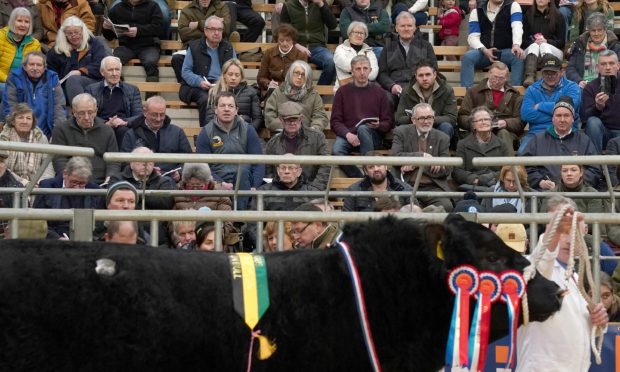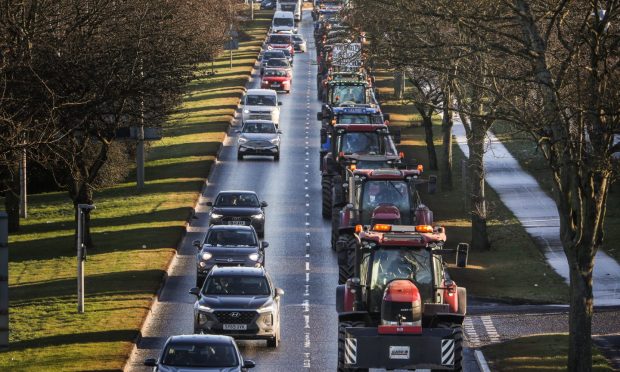Lambing and lamb marking are finished for another year. Although my legs are still feeling slightly weary with the work it is great to watch the lambs growing and thriving.
There is a hill at the back of our house which is a popular spot for bunches of twin lambs to gather and have great ceilidhs. This is one sight that I don’t think I will ever tire of watching and as a shepherd one of the most rewarding.
The season keeps marching on, whether you’re ready or not, and this week we made a start at our dry clipping, with the tups, eilled ewes and ewe hoggs all losing their fleeces and being moved away to their summer grazings.
My Facebook and Twitter accounts have been slightly neglected over the lambing. Although I continued to post lots of pictures I found it difficult to answer all of the queries. Farming friends stepped into the breach and replied to many of the questions, which had a very wide and varied theme, especially from the foreign-based followers.
One article which recently took my attention when it came up on my Facebook news feed was the “Are Ewe Ok?” campaign launched by the Scottish Association of Young Farmers. What a great way of promoting mental health amongst the next generation of farmers and young people involved with land based industries.
Reading through the article, they are determined to break down the negative associations which surround mental illness. By the use of social media they are empowering their members to feel confident enough to talk openly about issues affecting them or their friends.
The general public’s image of a farmer is somebody who must be happy because they are doing a job that they love. They don’t see the loneliness faced by some in our industry, the anxiety about finances and the mountains of legislation and associated paperwork. The love that many farmers have for their work is often a doubled edged sword. When things go wrong some of us see it as a personal reflection of our own failures and weakness.
Farming has a high suicide rate. Our dad took his own life when I was twenty. It was a devastating and extremely difficult period. I can remember thinking for a long time afterwards that his actions would define who I was. The shame that was associated with his death would be something I carried with me for some time, but I was wrong and as my sister once said to me: “what doesn’t kill you makes you stronger”.
A farming friend, who lost a family member in tragic circumstances, summed up the resilience needed when you are faced with tragedy. She said: “you have to stay strong for everyone else that is left behind”.
Both my sister and my friend were right in their sentiments. But credit to the Scottish Young Farmers Association for giving their members the tools for starting a very difficult but important conversation with someone who maybe be suffering in silence. That simply question of ‘Are Ewe Alright?”, may well be all that is needed to make a difference.










